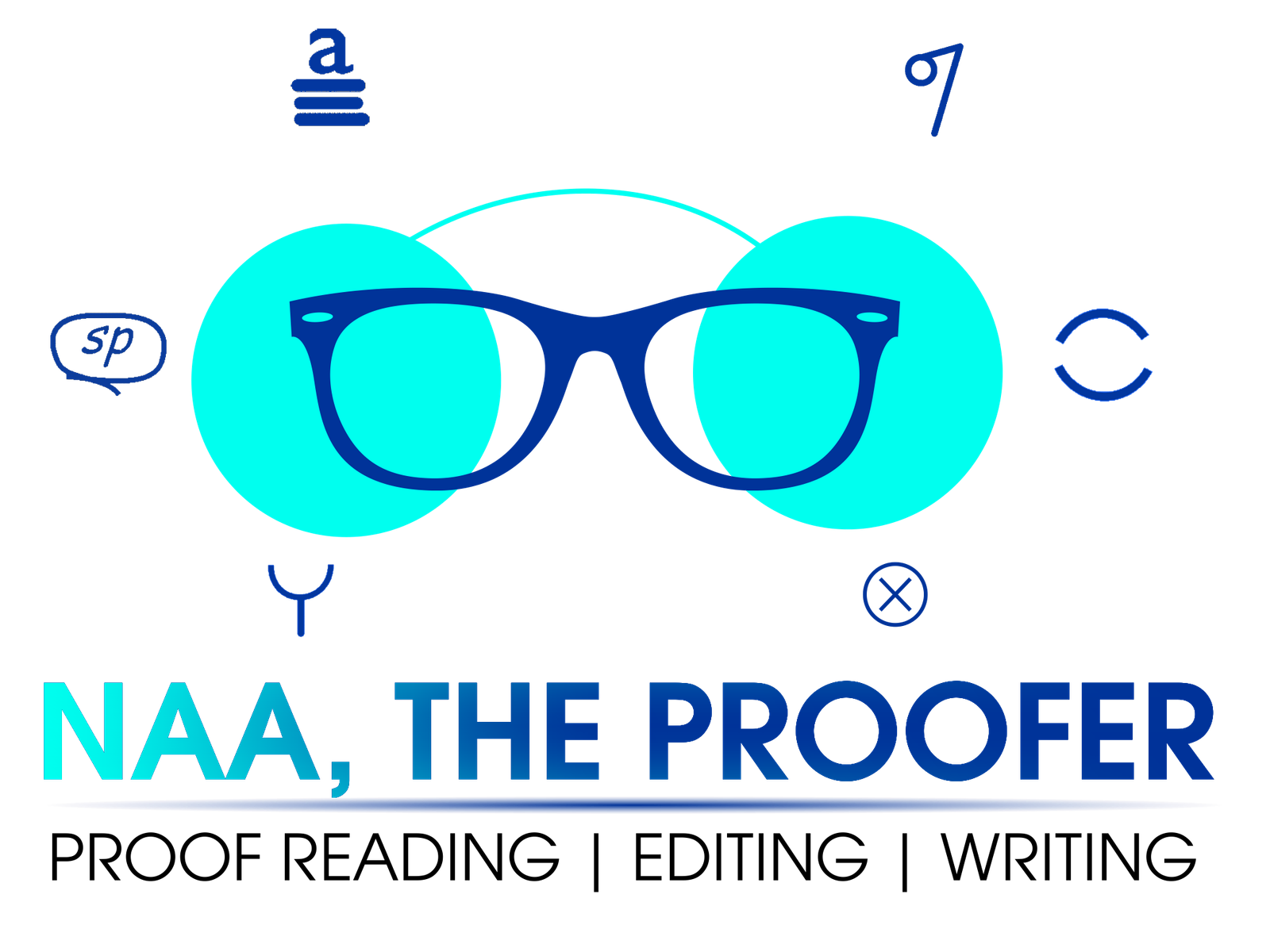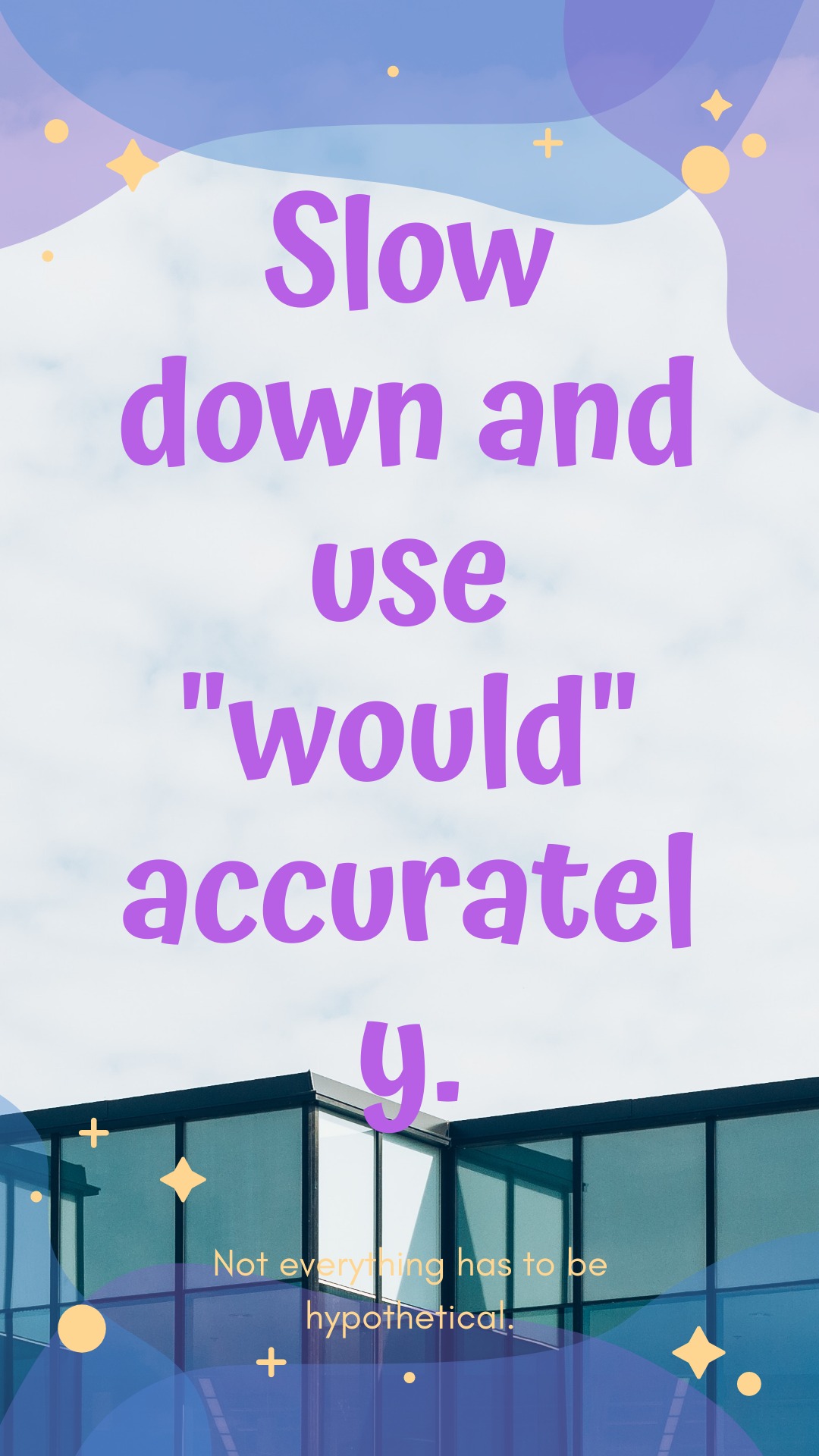It is quite easy to say that of the grammatical blunders that speakers of English make, one of the most annoying ones that grate on the nerves of grammar nazis is the incorrect use of the modal “would”. A modal is a helping verb that is usually used with another verb to express ideas such as permission, possibility, and necessity. In this lesson, we will demystify the usage of “would”.
WILL
The modal, “will”, is used to refer to an action that is yet to be performed. It is used to express:
- Future actions.
Examples of the use of “will” to express someone’s future actions:
George will take out the trash when he returns from school.
I will finish my thesis next week.
- Promises, requests, and offers.
Examples of the use of “will” to make promises or offers:
She will pay you the moment she receives the package.
He will give you a lift after school.
- Beliefs about the future or the present.
Examples of the use of “will” to make requests.
Will you let me have some of your flour, please?
Will you kindly pass the salt to me?
- Conditionals and Hypotheses
We use “will” to express what we think will happen in the future depending on a condition.
Examples of the use of “will” to express a future conditional action:
We will pay you a visit if it does not rain.
Provided the train gets here on time, we will pass through the bookshop.
WOULD
“Would” is the past tense of “will”. However, it is used in other ways. We use “would” to express:
- What someone wanted to do in the past—past willingness.
Examples of the use of “would” to recount past future events.
George would take out the trash when he returned from school.
I would finish my thesis the following week.
- A repeated past action—this is known as the past habitual.
Examples of the use of “would” in expressing the past habitual.
When we were in high school, we would nurse lofty ideas of life.
In the past, our forefathers would strike two stones to create a fire.
NOTE: There are two rules for the usage of the past habitual. First, this usage of “would” is only used for action verbs and not static verbs. You cannot say, when we were in high school, we would breathe. Second, this form of expression requires that the time period is stated in the first part of the sentence.
- A reported speech—what someone else said without using their exact words.
Examples of the use of “would” to make a reported speech.
Active speech: I will book the conference hall, said Grace.
Reported speech: Grace said she would book the conference hall.
The doctor said, “it will bleed for a while”.
Reported speech: The doctor said it would bleed for a while.
- Polite requests and offers. A common expression of a polite request is “would like”—this phrase means “to wish to have”.
Examples of the use of “would” to express polite requests and offers:
I would like some wine, please.
Would you like some sauce?
NOTE: Using “will” in place of “would” in these instances conveys a demanding tone, rather than a polite request.
- Hypotheses/Imaginary Situations. These are also known as unreal conditionals, because they describe what will happen in imaginary or unreal situations.
Examples of the use of “would” to express hypothetical situations:
I would buy a Benz if my account balance allowed.
OR
If my account balance allowed, I would buy a Benz.
It does not matter where the independent phrase is positioned, the meaning of the sentence is not altered.
A common observation is that in casual spoken English, speakers, sometimes leave out the if-clause in unreal conditional statements. However, its meaning is understood. This usually occurs when giving advice.
Example:
Speaker A: I want to pursue a PhD programme next year.
Speaker B: That’s awesome! I would apply to about three schools. Many schools do not take a lot of candidates.
The understood meaning is: If I were you, I would apply to about three schools.
- The past unreal conditionals. They can also be known as the past imaginary and are used to express wishes about the past. These wishes may be regret, or an event in the past that you wish did not happen.
Formula for constructing past unreal conditional statement = past perfect in the if-clause and “had” + a past participle verb (to form the past perfect).
If she had studied hard, she would have aced her WASSCE.
If she had studied hard (if-clause)
She would have aced her WASSCE (result clause)


